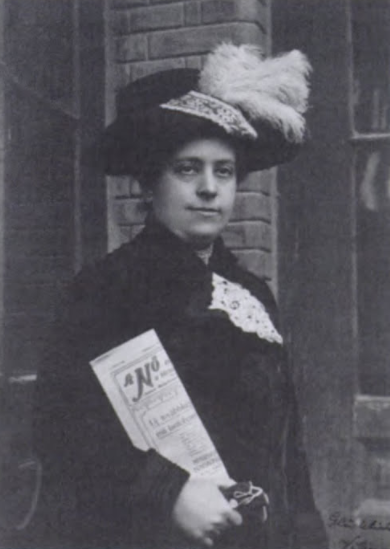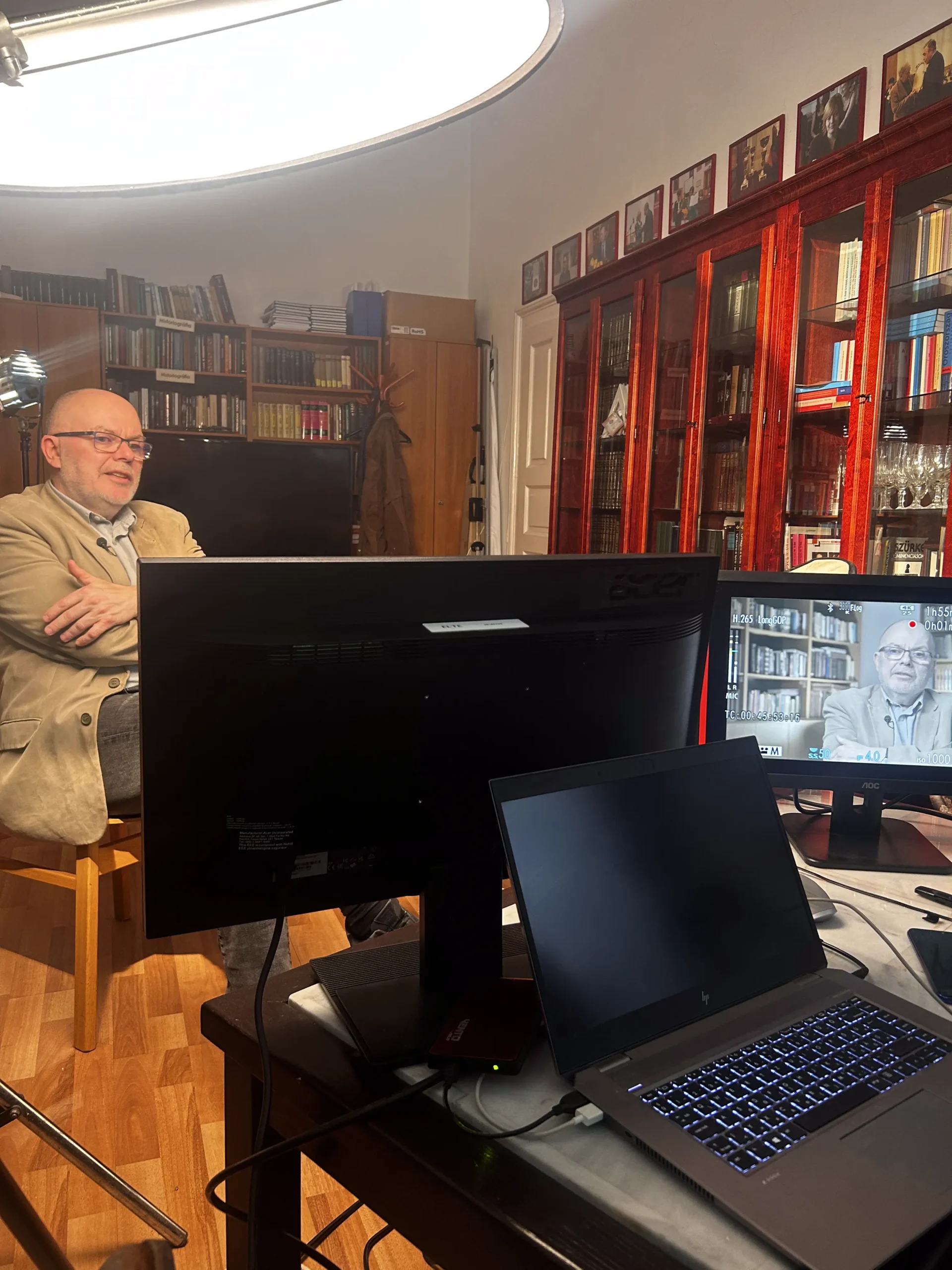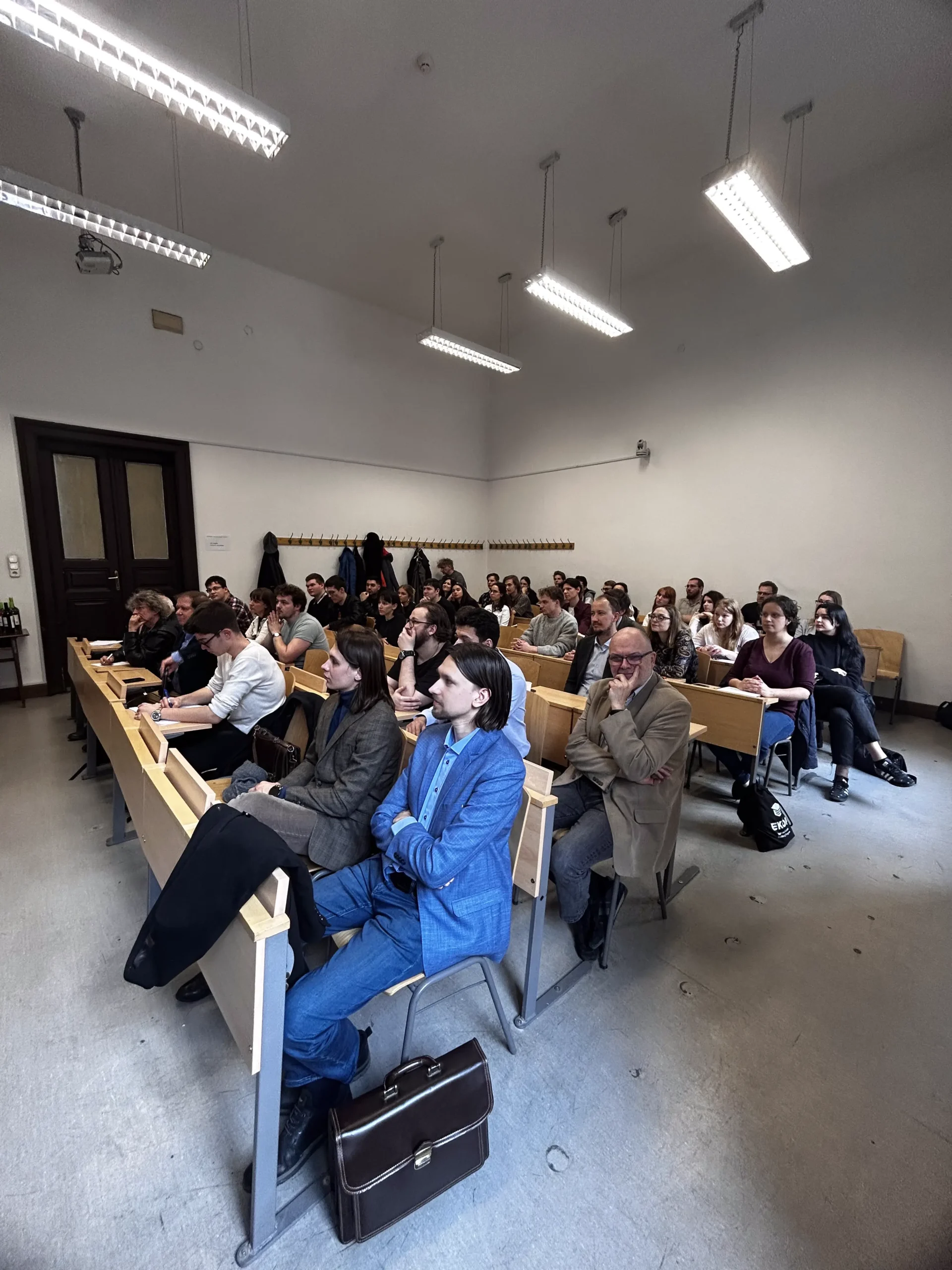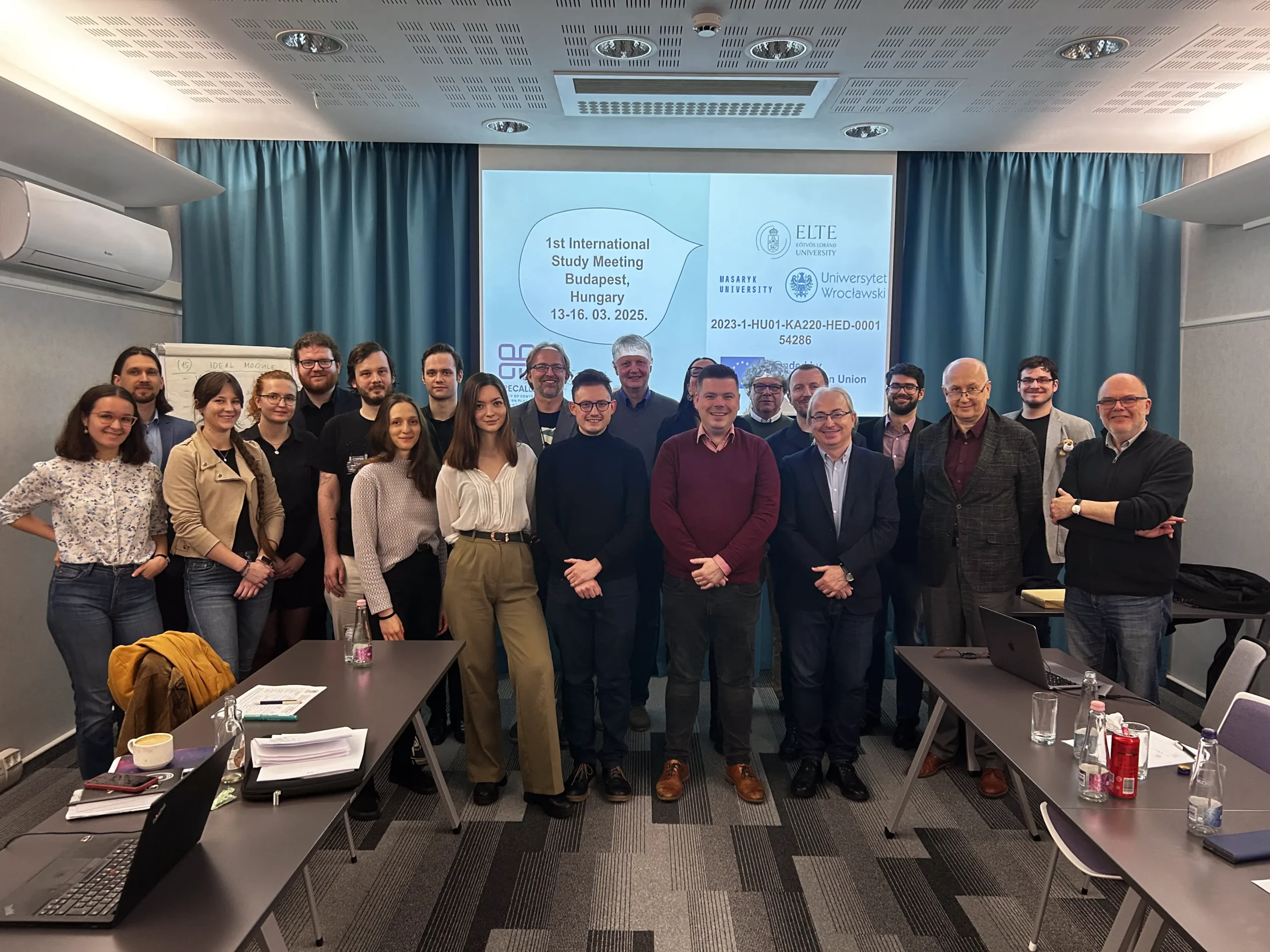Vilma Glücklich – A Leader in the Hungarian Women’s Rights Movement – Vágújhely (Nové Mesto nad Váhom)
Fact of the Hungarian figure „Terezia Brunszvik and the First Hungarian Kindergarten”
Part of the „The emancipation of women” topic
Vilma Glücklich, born in Vágújhely in 1872, became one of the most prominent leaders of the Hungarian women’s rights movement. After working as a teacher in Fiume, she enrolled at the University of Budapest in 1895, where she made history by becoming the first female graduate. Following her studies, she began teaching in Budapest and became an active member of the Association of Women Officials. In 1904, she co-founded the Hungarian Feminist Association (Feministák Egyesülete) alongside Rosika Schwimmer. This organization quickly became a key player in the fight for women’s suffrage, education, and workplace equality in Hungary.
In 1905, the Hungarian Feminist Association joined the International Woman Suffrage Alliance, marking a significant step in linking Hungary’s feminist movement to the broader global effort for women’s rights. Glücklich played a crucial role in organizing the International Women’s Suffrage Congress, which took place in Budapest in 1913. The congress was a landmark event in the international feminist movement, bringing global attention to Hungary’s struggle for women’s rights.
After World War I, Glücklich continued her activism, delivering speeches at the International League of Women for Peace in The Hague and Budapest, advocating not only for women’s rights but also for peace and child protection. Her impact on these movements was far-reaching, making her one of the most influential feminist voices in Hungary.
Glücklich was also the editor of the pioneering feminist magazine Women and Society (A Nő és a Társadalom), which she co-edited with Rosika Schwimmer. This magazine played a critical role in advancing feminist discourse in Hungary and connected the Hungarian movement with international feminist efforts. Through her work, Glücklich ensured that women’s issues were increasingly visible in Hungarian political life.





